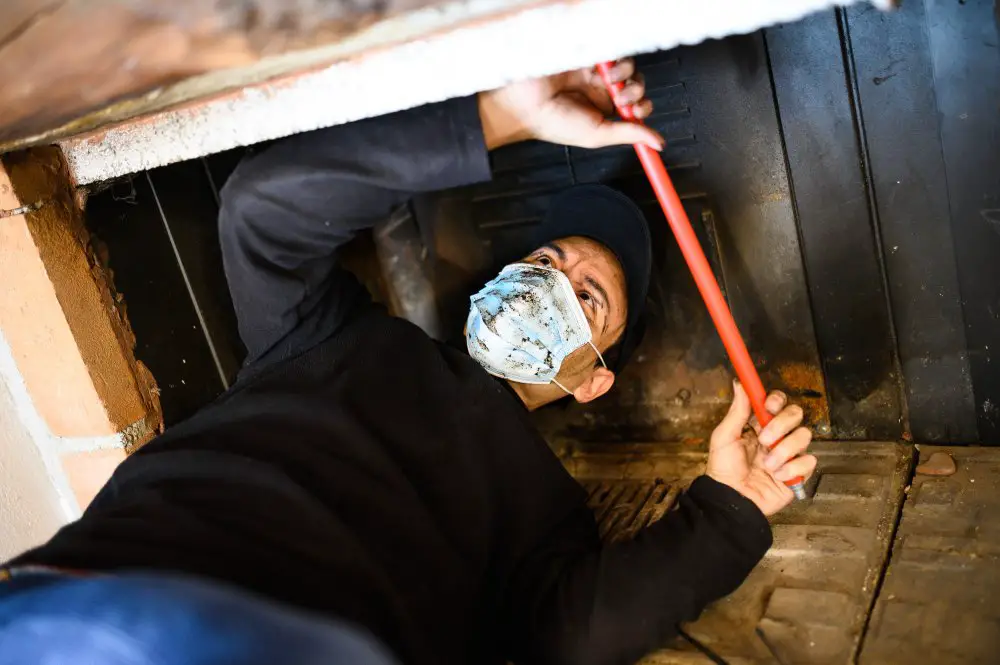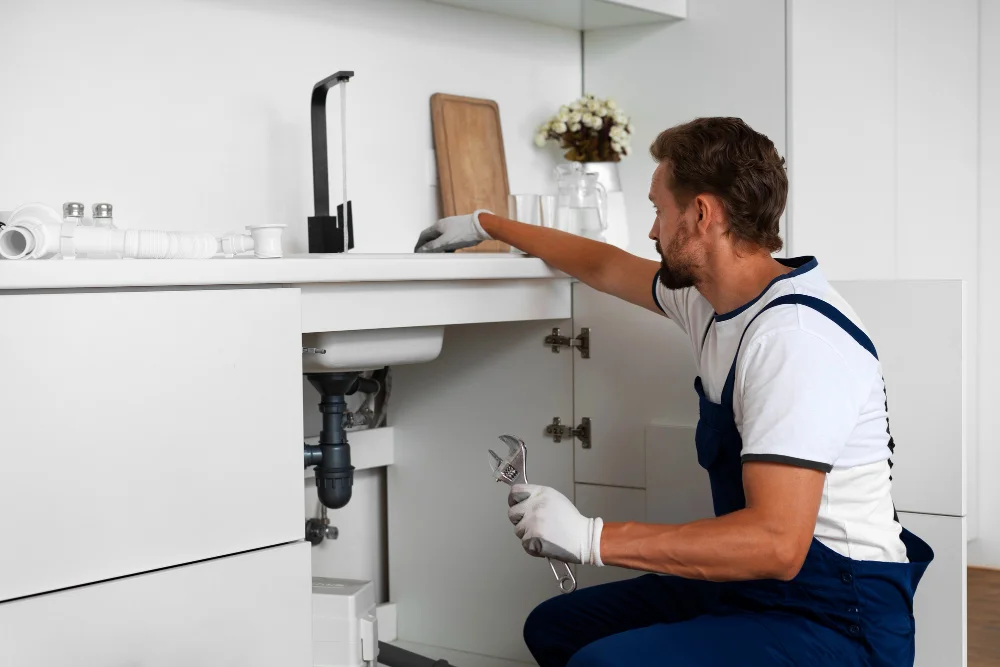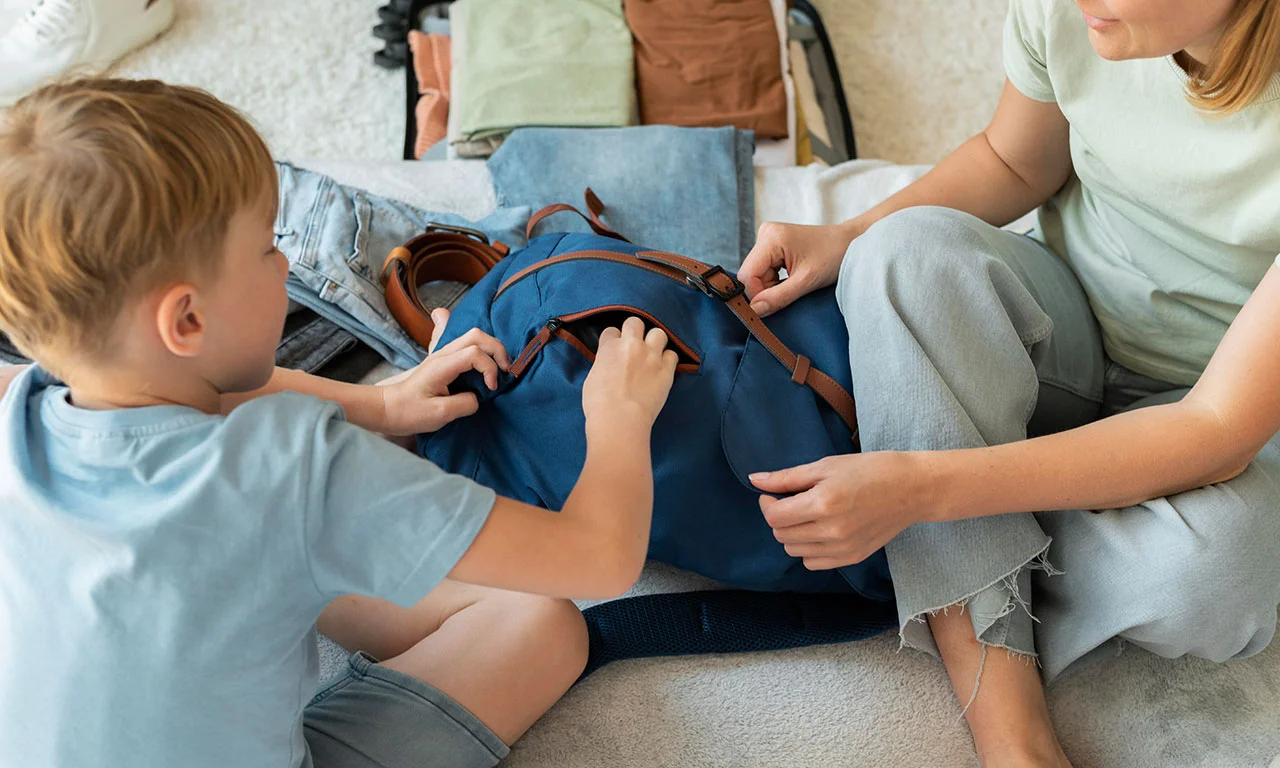If you care about how clean the air in your home is, consider duct cleaning. It makes sense that dust in your ducts could get into your home when your HVAC system runs, and cleaning your ducts is a good idea.
But while cleaning can help get rid of built-up dirt and dust in ducts, it can have different effects on the air quality inside. It’s important to talk to professionals to determine if your case calls for cleaning the ducts and to deal with any underlying air quality problems in the best way possible. Learn more about Toronto duct cleaning below.
1. Is Cleaning The Air Ducts Necessary?
Air duct cleaning has been linked to a lot of different claims, but there are still no studies that prove it can avoid health problems. Experts do not recommend cleaning air ducts regularly. Instead, they only recommend it when it’s needed.
This may seem strange since dust can get into the air when stirred up in other parts of your home. However, dust sticks to surfaces in HVAC pipes and doesn’t get into your living spaces. The small dust that might get in is not a significant health risk. There are also more particles in your indoor air from things like cooking, cleaning, smoking, and pollution from the outside.
Cleaning HVAC parts might make the system run better and last longer, but there isn’t enough proof to say for sure. For complete repair, thinking about all system parts, not just the ducts, is essential.
When Should You Clean Your Air Ducts?
Experts say air ducts should be cleaned as needed, which is sometimes a good idea. First, a lot of noticeable mold in your air ducts is a sign that they need to be cleaned. Mold can harm your health, so you should take care of it immediately if you see it.
Second, if your ducts are full of pests like mice or insects, cleaning the vents and finding out why the pests are there is essential. This ensures your pipes stay clean and free of dirt and pests.
Lastly, it’s time to clean your ducts when there’s a lot of dirt or dust in them, and bits come into your home through the supply registers. This buildup can hurt the air quality inside and make your HVAC system work less well.
In all of these situations, it’s essential to figure out what’s wrong and fix it so that the problem doesn’t come back after cleaning the ducts. Also, you should talk to your doctor if you have breathing problems and can’t find a cause elsewhere. They may tell you to clean your ducts if they think it’s essential for your health and well-being.
After How Long Do You Need To Clean The Air Ducts?
Only some people need to have their air ducts cleaned, especially if they take care of their HVAC system and change the filters often. Maintenance of the HVAC system is essential, as is changing the filters regularly.
Manufacturers usually say that filters should be changed every 90 days, but it’s essential to check the directions for your system for more specific advice.
During regular HVAC repair, technicians also look for mold and signs of pests. They can determine if cleaning the ducts is needed and give suggestions based on that.
Is Duct Cleaning A Safe Procedure?
When done right, cleaning the air ducts doesn’t hurt the HVAC system. During cleaning, technicians may need to cut holes or remove covers to get to different system parts. However, the system may work better if these changes are adequately fixed or locked.
This shows how important it is to have the job done by a licensed and qualified technician. A skilled professional will ensure that any access points or seals that need to be fixed are done correctly.
What Is The Difference Between Sanitizing And Cleaning The Ductwork?
Cleaning air ducts is primarily about removing dust and other debris, like pollen, from inside the ducts. It aims to improve the quality of the air inside and the system’s performance by eliminating these contaminants.
Sanitization, also called “duct sanitizing,” is done by putting a chemical disinfectant inside the pipes. The goal of this process is to kill any mold, bacteria, or other germs that might be in the pipes.


















